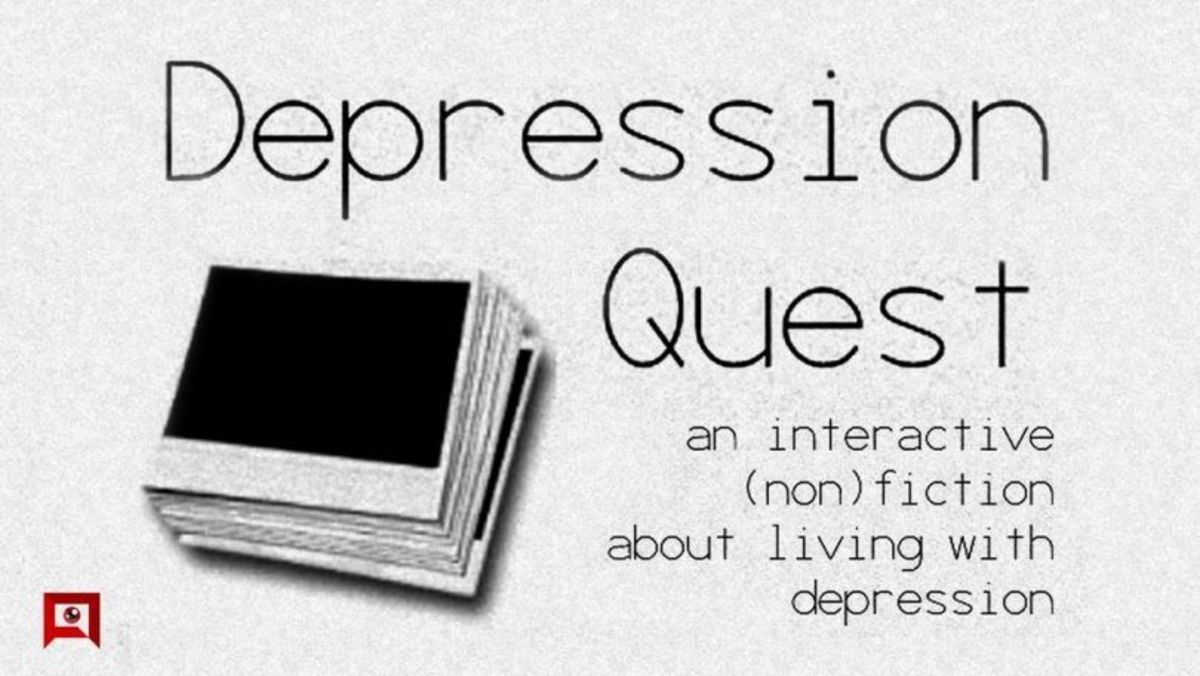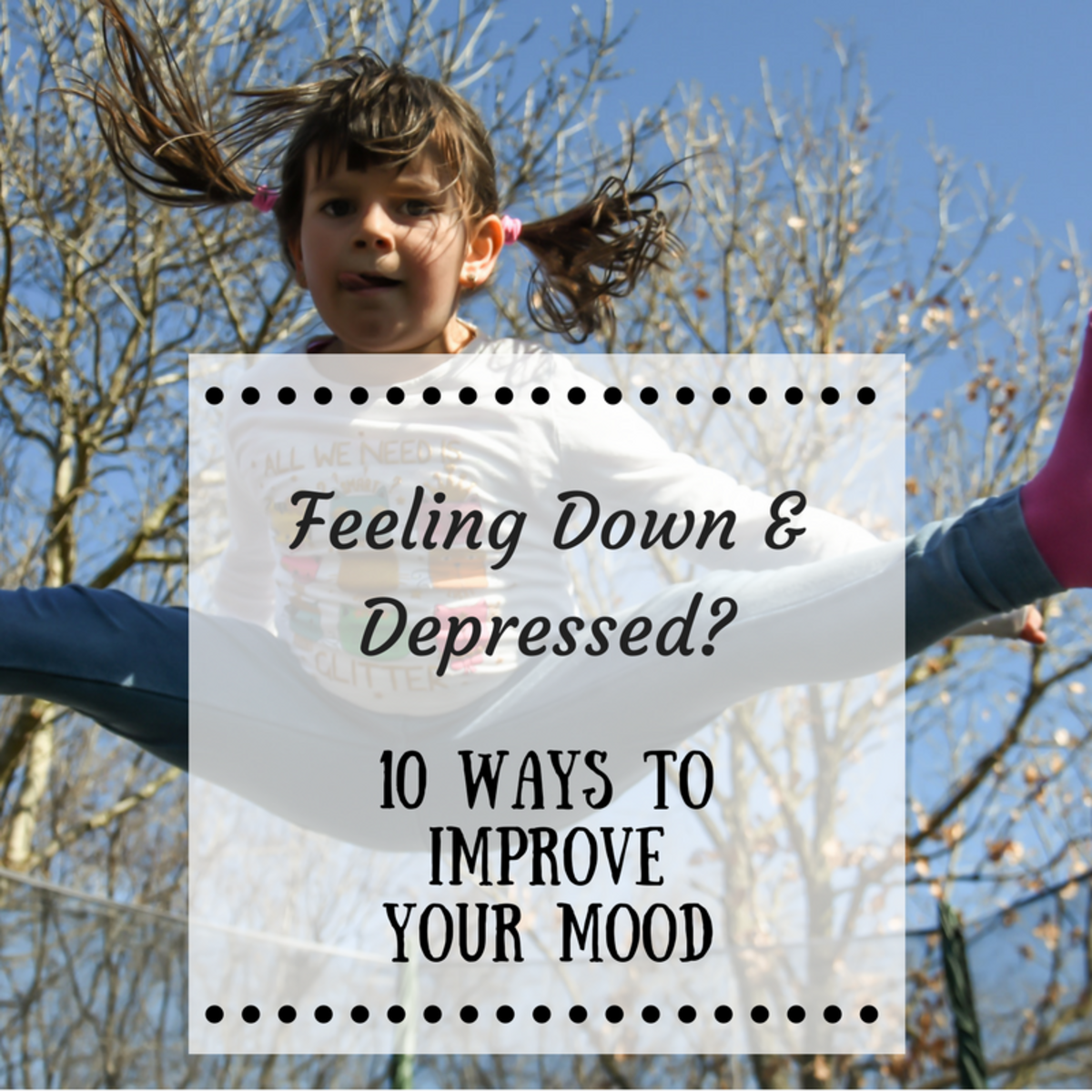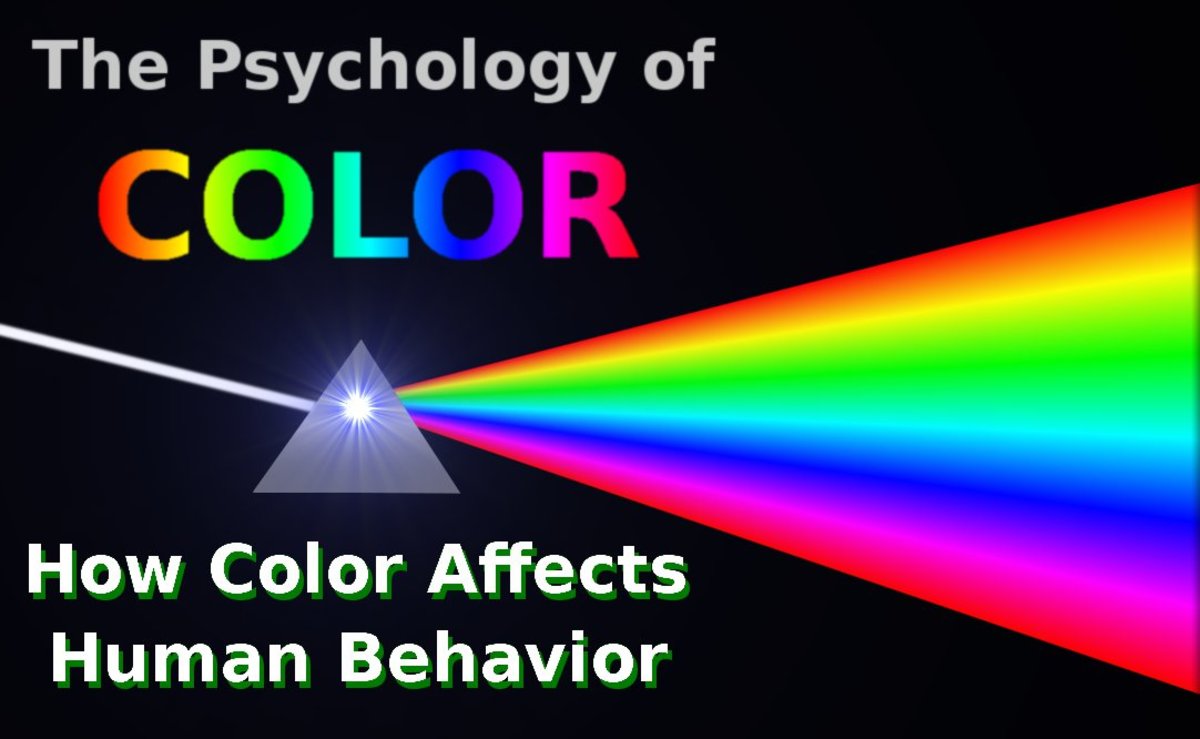Using Spiritual Disciplines to Address Depression
Spiritual Disciplines Heal
In every sizable Christian bookstore, one can find multiple books spouting the benefits of using spiritual disciplines to improve mental health. Many of these books are based on the professional experience of the author and his or her interactions with those who use spiritual disciplines to overcome. What you may not have realized is clinical researchers have also discovered the value of spiritual disciplines in reducing symptoms of mental illness. A 2002 article by Larry Culliford, for example, summaries the wide range of research, empirical and otherwise, that supports the idea that spirituality influences recovery including recovery from depression.
In this article, we will examine how three disciplines -- prayer, meditation, and acts of service can contribute to healing from depression.
There is healing for the depressed.

Prayer
Prayer may be the most frequently turned to and most misunderstood spiritual discipline practiced. Prayer can take many different forms.
The most common view of prayer is that it is primarily a petition. It is the process of humanity asking God to intervene in human events. While it may be easy to say, "Dear God, Take away my depression," and that may be a very valid prayer, the type of petition that may yield the most results may be very different. Asking God to take the depression away is certainly a legitimate request. It is also helpful to request persons be placed in your path to help with your situation or for spiritual discernment to determine what choices to make.
Author Thomas Griffin Lewis, who recommends prayer be a first line of defense, also notes that prayer provides a connection to God. Persons struggling with depression often struggle with loneliness. Prayer is always available. God is always able to listen, understand, and maintain confidentiality.
It is important to remember that prayer is more than requesting things from God. Including gratitude in prayer allows the depressed person to shift their thinking from those things that are wrong to those things that are right. This is consistent with the Cognitive Behavioral Theory which argues that we struggle with depression and other mental health problems because our thinking is unhelpful or overly negative. Problematic thinking leads to problematic emotions and actions. When one prays a prayer of gratitude, it shifts thinking away from the problems and stresses. Instead, one becomes focused on the things that are going well which in turn fosters feelings of well-being.

Meditation
When most people think of mediation, they envision someone sitting in the lotus position, breathing slowly, and calming chanting, "Ommm." This is one form of meditation, but there are many others. While meditation in Eastern religions often involve an attempt to empty or clear the mind, Western religions instead focus on filling the mind. We will focus on the later.
A typical method of Christian form of mediation involves focusing on a particular scripture. This can be done many different ways. One might repeat the scripture over and over aloud. Alternatively, one could focus on what a particular word in the scripture means or how the scripture could be used in a particular situation. It may be helpful to read the scripture in several different translations or rewrite it and repeat it in one's own words.
This form of meditation can be helpful for the depressed. Again it causes the depressed person to focus on something other than unhelpful thoughts. Researchers Charles L. Zeiders and Ronald Pekela note that meditation can help lower stress and related problems. Stress can be a large part of depression as the sufferer does not have the emotional, mental, or physical energy to handle life's problems. Failure to address problems leads to more problems and to more stress.
Beginning meditation does not have to be difficult or complicated. One only needs a quiet or inspiring space, a block of uninterrupted time (even if that time is very short), a plan.
What do you think?
Which spiritual discipline do you think would lift feelings of depression best?
Acts of Service
One of the most devastating symptoms of depression is anhedonia or the incapacity for experiencing pleasure. People who loved hobbies, were passionate about causes, or participated in social activities are unable to get any pleasure out of these things. Combine this with struggles getting out of bed and extreme sadness and the depressed person is highly unlikely to participate in any acts of service. If the depressed person can get over the initial inertia and do something for someone else, joy will slowly return.
Acts of service, such as volunteering at a soup kitchen or preschool, assists in a variety of ways. It forces interpersonal interaction which can lower feelings of loneliness and disconnect. It guides the individual to think about something other than their own problems. It can provide a sense of accomplishment and civic or personal pride. Knowing someone is depending on the service can become a powerful motivator getting even the most depressed person out of their own home and into an active, fulfilling lifestyle.
Those struggling with depression who choose to use acts of service as a way out need to be careful not to overdo. Some, especially those in the helping professions, can be prone to burnout. Burnout occurs when someone becomes overly involved in helping others to the point they are stressed and no longer care about the people they are trying to help. It is possible for anyone to get addicted to helping others. It can really be rewarding, but make certain balance is maintained.

Key Points to Get Started
- Start with prayer and remember to include gratitude as part of the process.
- Remember meditation is not necessarily what you think. It can be as simple as repeating a scripture aloud.
- Serving others can feel really good. Find a balance. Don't overdo.
Research Worth Researching
- A Collection of Articles featuring the work of Charles L. Zeiders
Page features a variety of articles about Christian faith and psychological healing. - Spiritual care and psychiatric treatment: an introduction
Broad overview of the use of spiritual principals and disciplines in psychiatric treatment.








